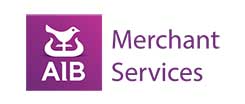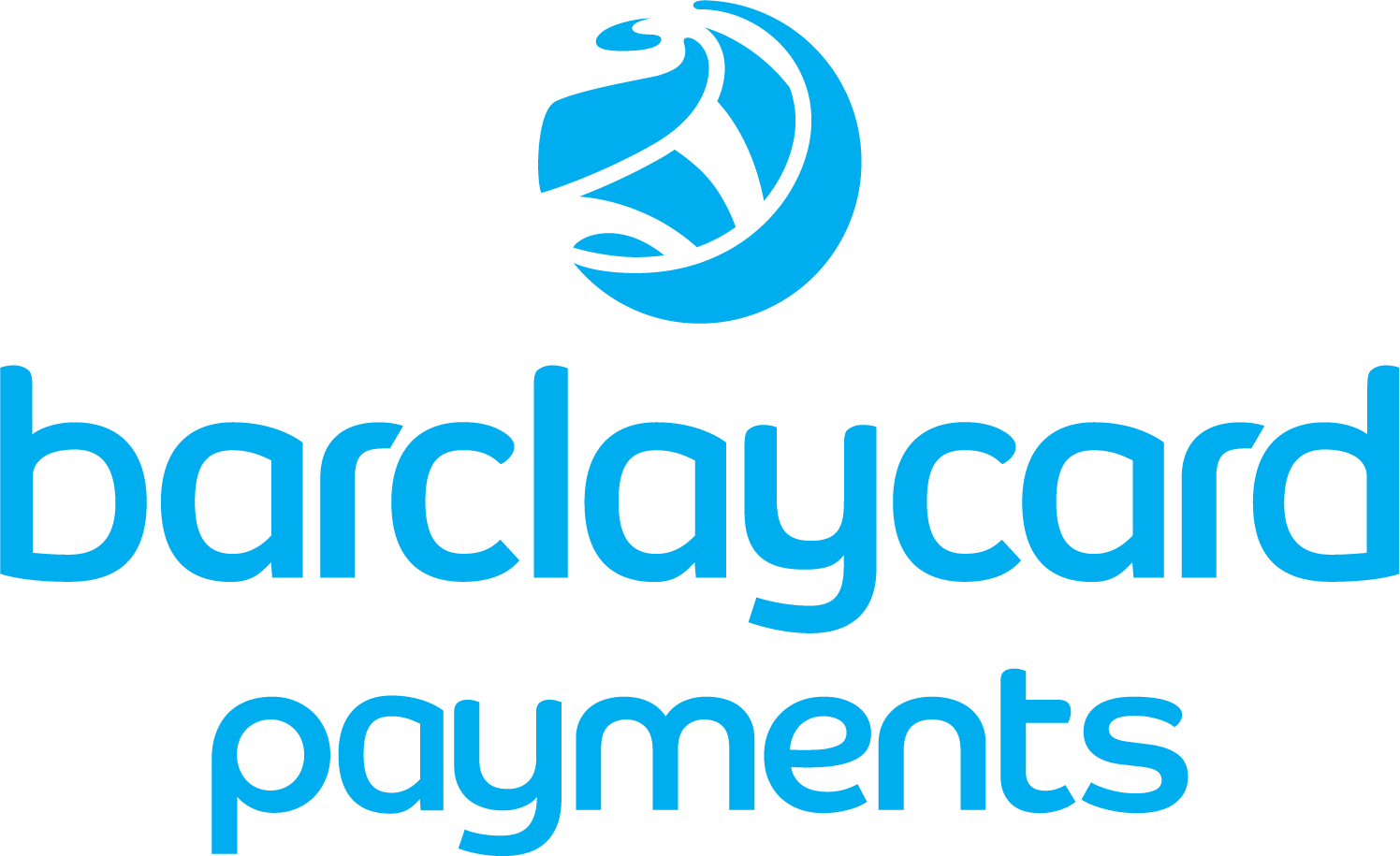- Compare Card Processing Rates from as low as 0.27%
- Keep your card processing fees to a minimum
- Direct access to 80% of the UK’s leading acquiring banks
- Make the right choice for your next UK payment provider
- Ensure your rates always remain competitive
- Seamlessly switch payment provider without a hitch






We're rated Excellent on
The Ultimate Guide to Taking Payments Securely and Efficiently
In today’s fast-paced digital economy, businesses of all sizes need reliable and secure ways to accept payments. Whether you run an online store, a brick-and-mortar shop, or a service-based business, offering multiple payment methods ensures that customers pay conveniently, boosting sales and customer satisfaction.
This guide covers everything you need to know about taking payments, from card payments and contactless payments to online payments and digital wallets. We’ll explore the best payment solutions, hidden costs, security considerations, and how to choose the right service provider for your business.
Why Your Business Needs Multiple Payment Options
The way people pay has evolved. While cash is still used, debit cards, credit card payments, and phone payments (like Apple Pay and Google Pay) dominate transactions. By offering various ways to accept payments online and in-store, you cater to more customers and reduce checkout friction.
Key Payment Methods to Consider
- Card Payments – Accepting debit and credit card payments is essential. Customers expect to pay with major cards (Visa, Mastercard, American Express).
- Contactless Payments – Fast and secure, contactless payments via card machines or mobile phones (using NFC technology) are increasingly popular.
- Digital Wallets – Apple Pay, Google Pay, and other digital wallets allow customers to pay via their Android phone or iPhone without carrying physical cards.
- Online Payments – For online sales, you need a secure payment system that processes transactions via a virtual terminal or payment app.
- Bank Transfers – Some customers prefer direct bank account transfers, especially for B2B transactions.
How to Start Taking Payments for Your Business
1. Choose the Right Payment Service Provider
Selecting a service provider depends on your business type:
- In-person sales: You’ll need a card reader or point of sale (POS) system.
- Online businesses: Look for a payment process that integrates with your website (e.g., Stripe, PayPal).
- Mobile businesses: A portable card machine with Wi-Fi or internet connection support is ideal.
Compare transaction fees, other fees, and hidden fees before committing. Some providers charge a small fee per transaction, while others have monthly subscriptions.
2. Understand Payment Processing Fees
When you accept card payments, you’ll encounter costs such as:
- Transaction fees (a percentage of each sale)
- Monthly service fees
- Chargeback fees (if a customer disputes a payment)
- Extra costs for PCI DSS compliance (essential for data security)
Always request a personalised quote to avoid surprises.
3. Set Up Secure Payment Systems
Security is critical when processing payments. Follow these best practices:
- Use PCI DSS-compliant systems to protect card details.
- Enable chip and PIN for in-person transactions.
- Encrypt online transactions to prevent fraud.
4. Optimise the Payment Process
A smooth card payment process increases conversions. Ensure:
- Checkout is quick (especially for online payments).
- Your payment terminal or virtual terminal is user-friendly.
- Customers receive instant payment confirmations.
Best Payment Solutions for Small Businesses
1. Card Machines & POS Systems
- SumUp, Square, and Zettle offer affordable card readers with low transaction fees.
- Loyverse and Vend provide advanced point of sale features for retail businesses.
2. Online Payment Gateways
- Stripe and PayPal are popular for accepting payments online.
- Worldpay and Adyen support international transactions.
3. Mobile Payment Apps
- Apple Pay and Google Pay let customers pay via their mobile phone.
- Revolut Business and Wise offer multi-currency accounts.
Avoiding Hidden Fees & Extra Costs
Some payment services have hidden fees, such as:
- Setup fees for card machines
- Minimum monthly charges
- Early termination fees
Always read the fine print and compare providers.
The Future of Payments: Trends to Watch
- **Faster contactless payments (raising limits for tap-to-pay).
- Biometric authentication (fingerprint or facial recognition for PIN payments).
- Cryptocurrency payments (gaining traction in some industries).
Final Tips for Efficient Payment Processing
- Test your system before going live.
- Train staff on using payment terminals.
- Monitor transactions to detect fraud early.
- Offer multiple payment methods to attract more customers.
Whether you accept debit cards, Google Pay, or online payments, having a secure and efficient payment method is crucial for business success. By choosing the right payment solutions, understanding fees, and prioritising data security, you can streamline transactions and keep customers happy.
Ready to start taking payments? Compare providers today and find the best fit for your business!
This guide ensures your business can take card payments securely while keeping costs low. Need help choosing a provider? Get a personalised quote today!
Keywords integrated: taking payments, online payments, accept payments, card payments, Apple Pay, contactless payments, Google Pay, accept card payments, credit card payments, accept payments online, payment process, debit cards, payment terminals, card payment process, point of sale, hidden fees, chip and pin, processing payments, transaction fees, payment system, phone payments, accept debit, payment solutions, bank account, payment services, small fee, customers pay, payment app, pin payments, payment method, service provider, other fees, card reader, digital wallets, payments online, mobile phone, internet connection, online sales, payments, data security, accept contactless, take card payments, card details, small businesses, card machines, major cards, extra cost, virtual terminal, more customers, Android phone, pay, business, cash, customers, enough funds, customers to pay, money, PCI DSS, personalised quote, transaction, start taking payments, account, credit, phone, fees, Wi-Fi, accept.
This article is tailored for a UK audience, ensuring compliance with local payment regulations and trends. Let me know if you’d like any refinements!
